Before rock ’n’ roll was a thing, it was rhythm and blues that was perking up the ears of a generation of young radio listeners, and tops among the early R&B songwriters was Ivory Joe Hunter, the original “Baron of the Boogie.”
Ivory Joe — by the way, that wasn’t a nickname or a stage handle, but his given name (he always said that when he was born his parents thought he "looked just like the baby on the outside of the Castoria Ivory bottle, so they called me ‘Ivory’”— was born in Kirbyville, Texas, to a gospel-singing mother and a guitar-strumming daddy named Dave.
At 13, his piano-playing already was turning heads, and his first recording was for traveling folklorist Alan Lomax and the Library of Congress when Ivory Joe was still a teenager in 1933.
Hunter left Texas for the wilds of downtown Los Angeles in 1942, just as R&B was starting to attract legions of fans hungry for more tunes. He joined Johnny Moore’s Three Blazers, with whom he wrote his first song, "Blues at Sunrise.” The group recorded it on his own label, Ivory Records, and it became a nationwide hit on the R&B chart in 1945.
The Song
On Oct. 1, 1949, Ivory Joe recorded a 12-bar blues that got into everybody’s head when it was released by MGM the following year as “I Almost Lost My Mind.” Topping the 1950 R&B charts, it had sold a million copies by 1956.
Later (in the wake of Hunter's 1956 success with his "Since I Met You Baby"), it was recorded by Pat Boone, whose version became a No. 1 pop hit.
Legacy
Hunter’s compositional output ranged from R&B to blues, boogie-woogie to country music, and he made a name in all of those genres. By 1954, he already had recorded more than 100 songs when he made a major move to Atlantic Records.
While visiting Memphis in the spring of 1957, Hunter spent a day at Graceland singing tunes with Elvis Presley, who was to record a number of Hunter songs, including "I Need You So", "My Wish Came True" and "Ain’t That Lovin’ You, Baby.”
Some estimate Hunter wrote more than 7,000 songs in the 60 years of his lifetime. Uniquely, he was honored at both the Monterey Jazz Festival and the Grand Ole Opry.
Our Take on the Tune
Some songs in our repertoire we do only when Floodster Emerita Michelle Hoge, the beloved “Chick Singer,” is in the room.
Our take on this good old Ivory classic is at the top of that list. This track is from last December, when Michelle had driven in from her Cincinnati area home to rehearse with us in preparation for the big “Flood at 50” gala at Alchemy Theatre last New Year’s Eve. Just listen to Michelle rocking the vocal harmonies, as always.







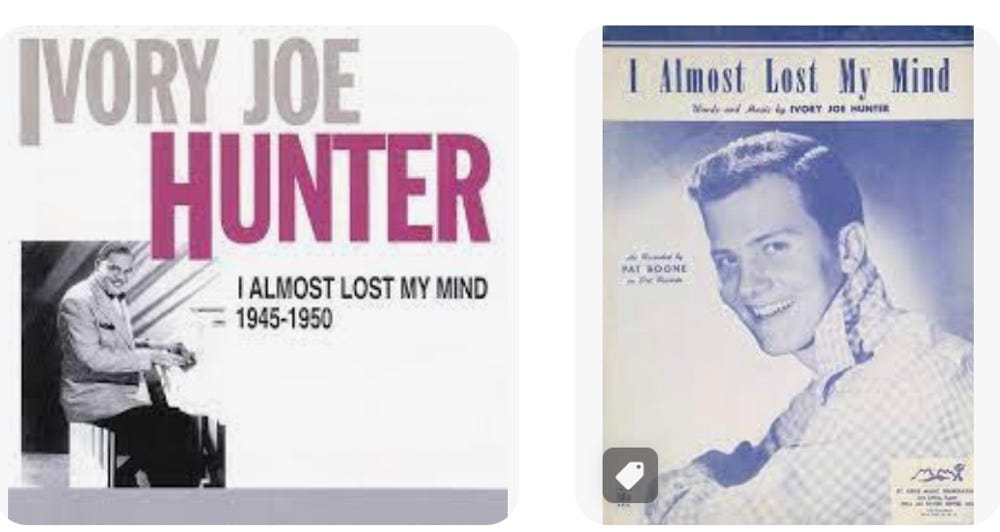
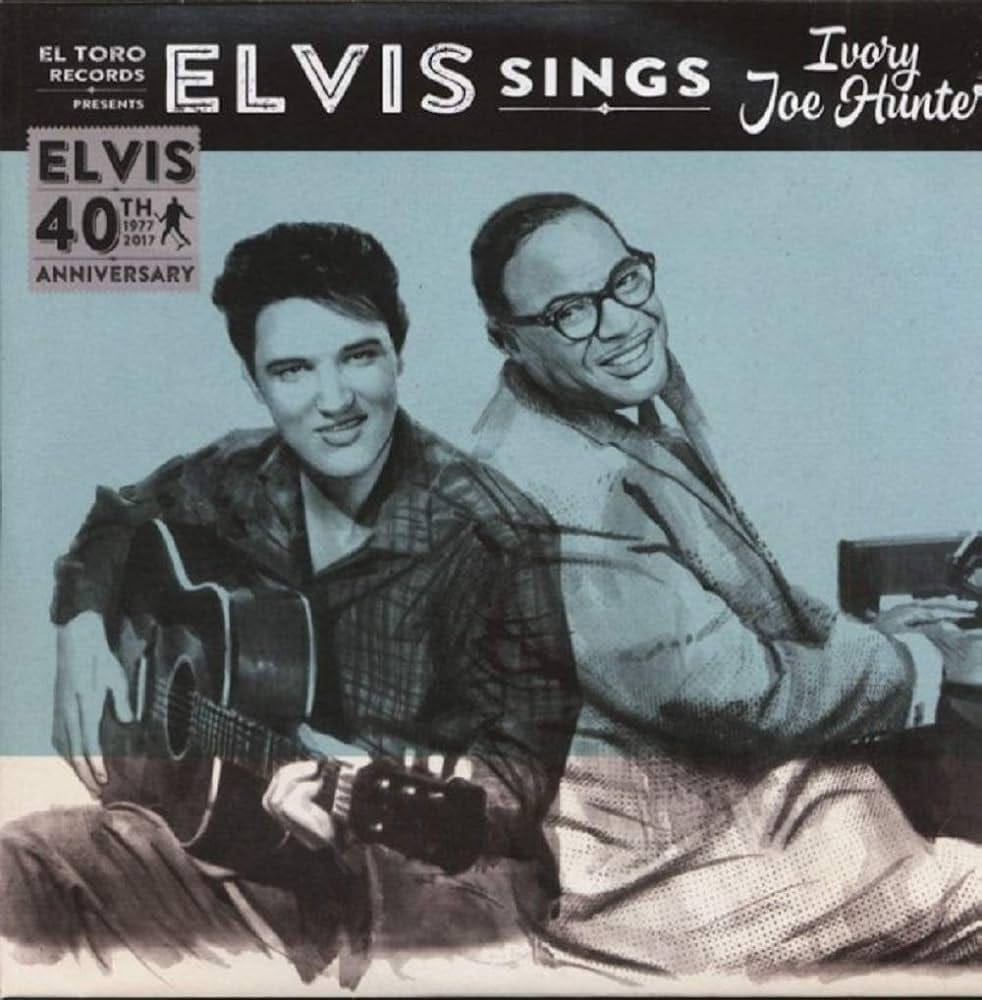
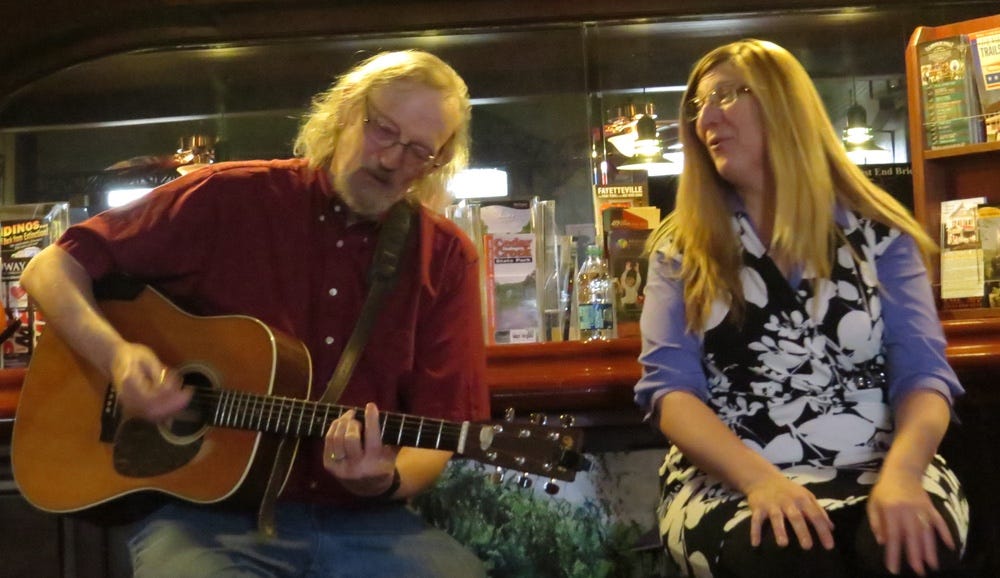







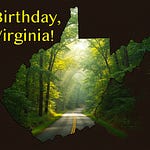
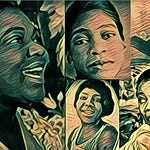
Share this post